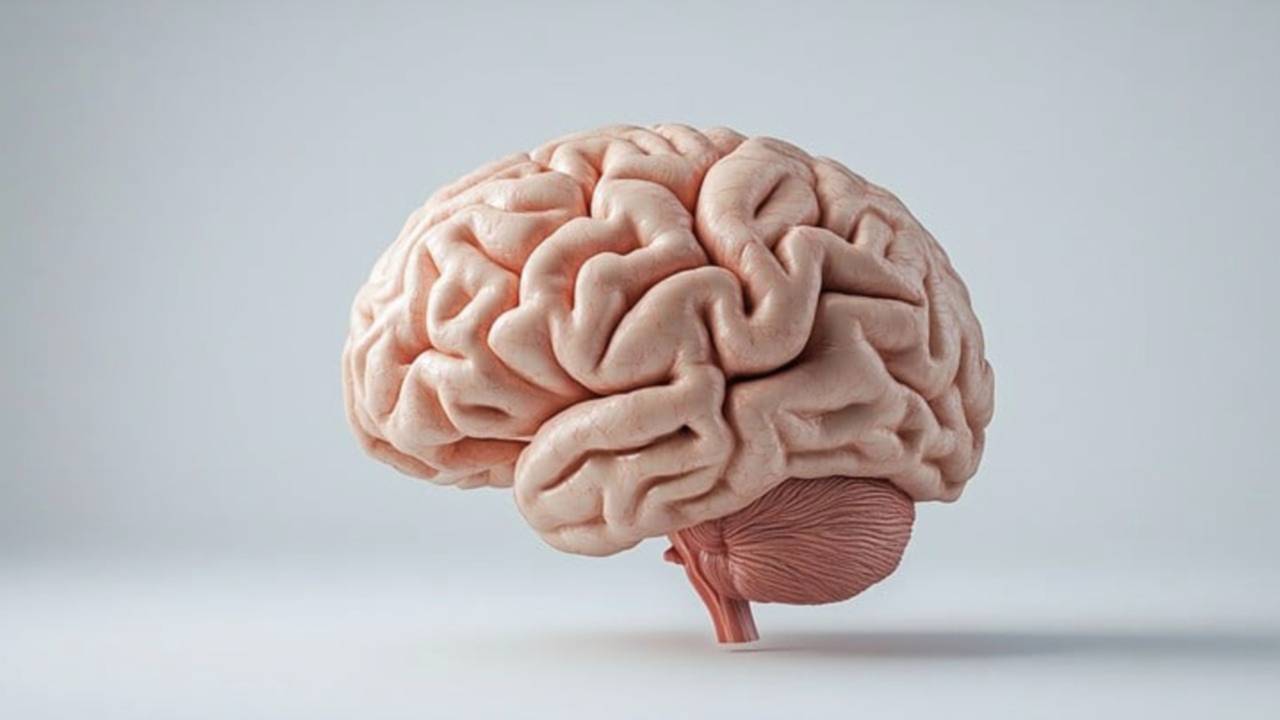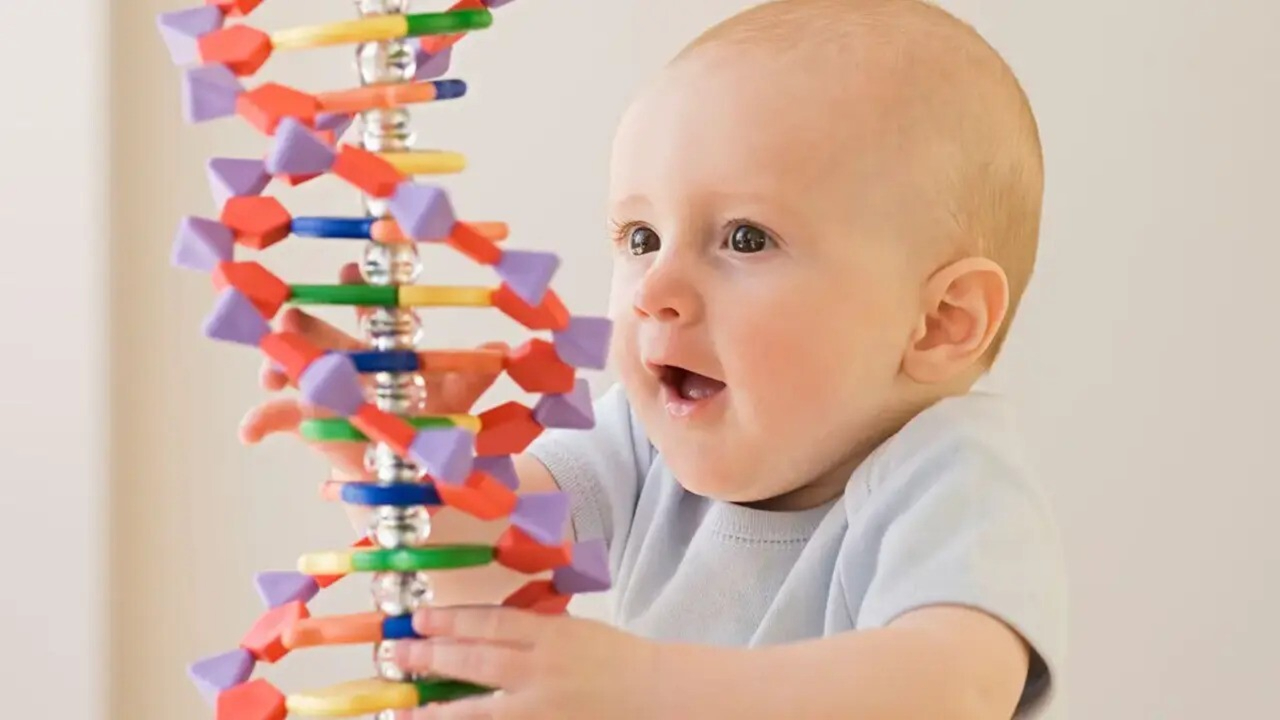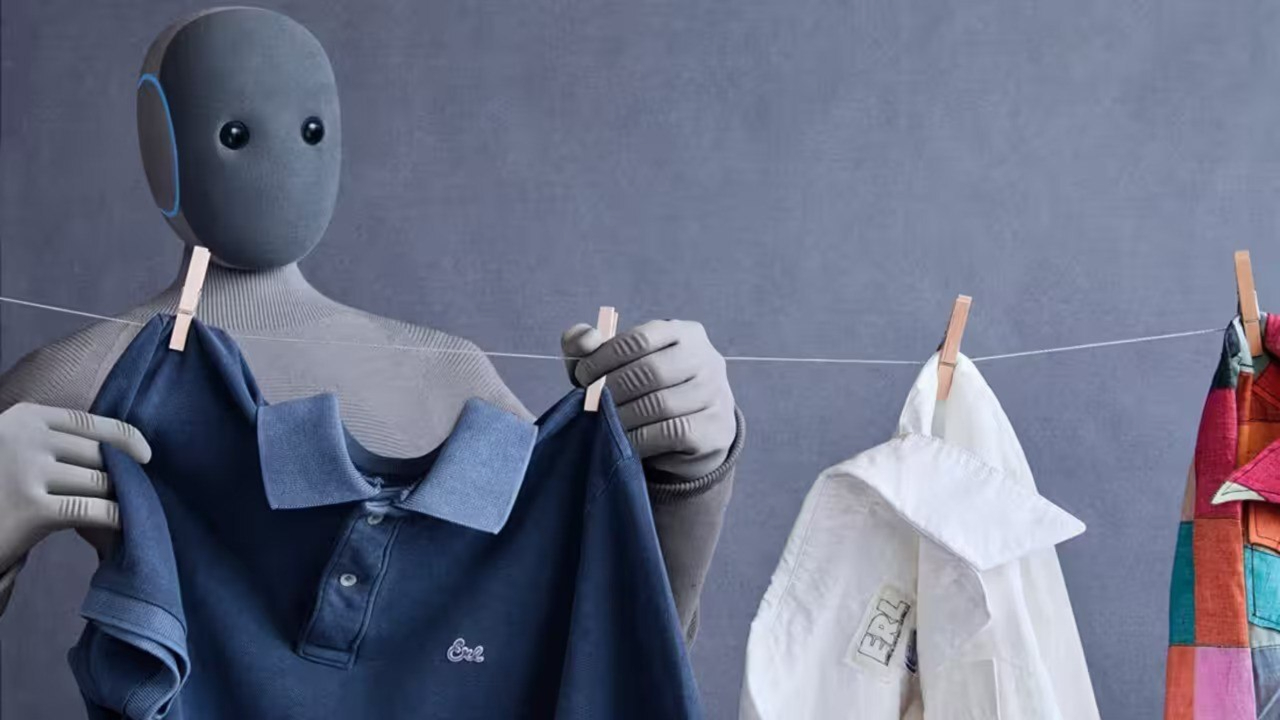Scientific breakthrough allows for realistic human brain models

Image: Stock Cake
The process of slicing up and analyzing real human brain tissue carries some obvious ethical complications for anyone not named Hannibal Lecter, forcing scientists to rely on animal brains to study human conditions—which isn’t ideal.
But a breakthrough experiment from researchers at UC Riverside is poised to change all of that.
For the first time, scientists have grown functional, brain-like human tissue without using any animal-derived materials or added biological coatings.
How they did it: UCR researchers developed a tiny scaffolding less than an inch wide, on which donated neural stem cells can be attached and develop into full neurons.
- Their breakthrough came from the scaffolding’s material: a chemically inert polymer, called PEG, that’s been transformed into a porous, maze-like structure.
- This unique structure enables the donor brain cells to organize into active neural networks.
Why it’s a big deal: Researchers say their discovery will pave the way for better medications to treat traumatic brain injury, stroke, Parkinson’s, Alzheimer’s disease, and other brain-related conditions. It also reduces—and in some cases eliminates—the need to use animal brains for testing.
Looking ahead…The scientists’ next goal is to scale up their method beyond its current small size. They also eventually aim to take this same approach with other organs in the human body outside of the brain.
Share this!
Recent Science & Emerging Tech stories

Science & Emerging Tech
| November 13, 2025Silicon Valley’s new obsession: building better babies
Artificial intelligence and satellite internet are so yesterday.

Science & Emerging Tech
| November 4, 2025Welcome to the era of robot servants
California-based startup 1X Technologies has opened preorders for Neo, a 5’6” humanoid robot it’s calling “the world’s first consumer-ready home robot.”

Science & Emerging Tech
| October 28, 2025AI is helping to supercharge cybercrime
The same tech that helps clear out your email backlog is also being used for more nefarious purposes.
You've made it this far...
Let's make our relationship official, no 💍 or elaborate proposal required. Learn and stay entertained, for free.👇
All of our news is 100% free and you can unsubscribe anytime; the quiz takes ~10 seconds to complete